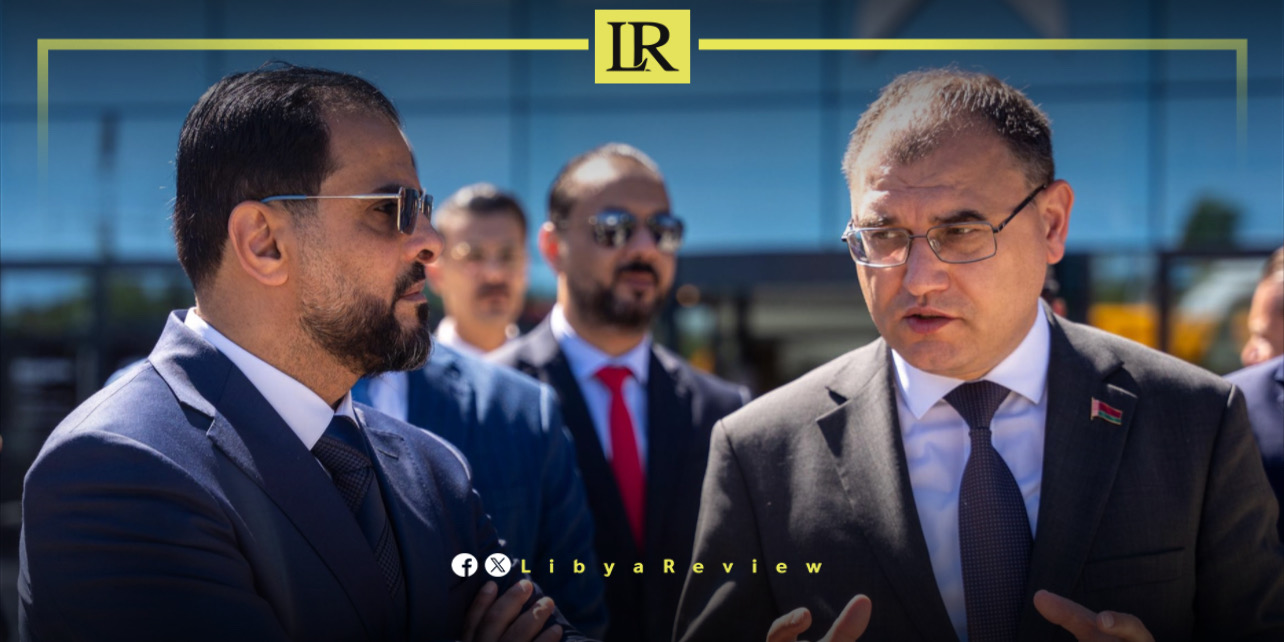Belarus made headlines when the imprisoned husband of opposition leader Sviatlana Tsikhanouskaya was unexpectedly released. Despite this, Tsikhanouskaya remains steadfast in her call for U.S. President Donald Trump to maintain pressure on Alexander Lukashenko, the authoritarian leader of Belarus.
In a recent interview with POLITICO, Tsikhanouskaya emphasized the importance of not normalizing Lukashenko’s actions. She expressed her concerns about any potential easing of sanctions or rewards given to him, stating firmly,
“Lukashenko has to be punished, not rewarded.”
The release of Tsikhanouskaya’s husband, Siarhei Tsikhanouski, came after a visit by U.S. special envoy Keith Kellogg to Minsk. This gesture marked the first time in over two years that Tsikhanouskaya heard her husband’s voice. The emotional phone call from the border between Belarus and Lithuania where he announced his freedom left her overjoyed.
Tsikhanouski, a prominent opposition figure who had been imprisoned for five years by Lukashenko’s regime under controversial circumstances, had been sentenced to 18 years for alleged offenses including inciting hatred and social unrest. Following his imprisonment, Tsikhanouskaya took up his mantle as a presidential candidate in the 2020 elections.
Despite garnering significant popular support and reportedly millions of votes, Tsikhanouskaya was ultimately forced into exile in Lithuania amidst violent crackdowns on protests following Lukashenko’s contested election victory.
The reunion between Tsikhanouskaya and her husband at the American embassy in Vilnius revealed the toll that captivity had taken on him. She described how he had lost half his body weight and struggled to communicate due to his time in prison – an experience that left their daughter initially unable to recognize him solely by his voice.
Speculation abounds regarding Lukashenko’s motives for releasing prisoners like Tsikhanouski as part of diplomatic maneuvers aimed at bolstering international credibility. Despite frosty relations with previous administrations, Lukashenko has begun engaging with senior officials from the White House—a move closely monitored by advocates like Tsikhanouskaya.
As she navigates these complex political waters, Tskihanouskaya is determined to prevent Lukashenko from achieving unwarranted legitimacy through prisoner releases and diplomatic engagements. She appeals directly to Trump’s administration with a strategic message: ensuring Belarus remains independent from Russian influence could be a foreign policy triumph for President Trump and America’s allies alike.
Tsikhnauskya believes that strategic leverage can reshape regional security dynamics; she underscores this point by emphasizing that concessions without justice only embolden aggressors like Lukashenko while jeopardizing peace and stability across Eastern Europe.
Looking ahead amidst ongoing conflicts such as Ukraine’s war situation where Russia plays a pivotal role President Trump holds considerable power according to Tskihnauskya “You can’t reward aggressor there cannot be peace without justice”. The fate of Belarus she maintains is intertwined with broader regional peace efforts urging against complacency when it comes towards dealing with rogue regimes like that under Lukasheko’s rule.

